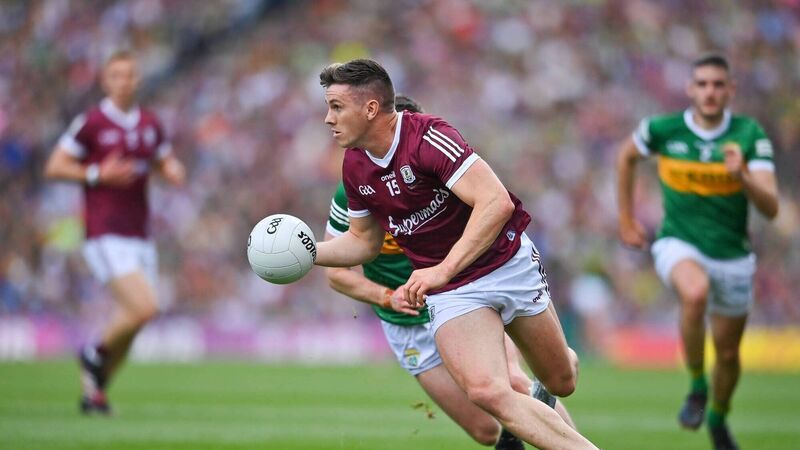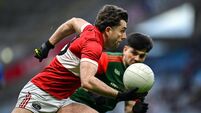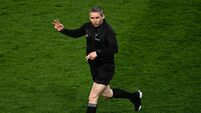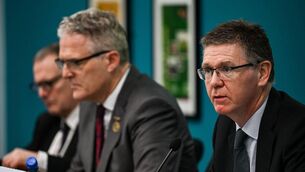Tommy Martin: Shane Walsh's dummy solo has wrong-footed Gaels

ON THE MOVE?: Shane Walsh of Galway. Photo: Brendan Moran/Sportsfile
Disorientation is a typical side-effect of any encounter with Shane Walsh. The two-footed Galway star has long traded on the confusion inflicted on defenders unable to decipher which way he will go next.
So it’s probably fitting that the tale of his proposed move from home club Kilkerrin-Clonberne to Dublin’s Kilmacud Crokes has left many GAA fans not sure what to think. On one hand, one man’s simple wish to play his chosen pastime less than two hours drive from his house. On the other, the cry of a rural heartland bled dry of its best and brightest.












